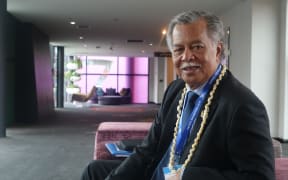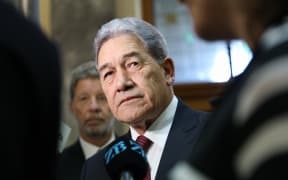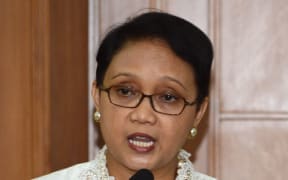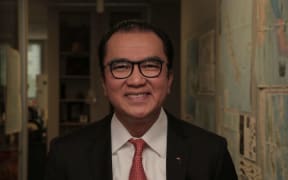Analysis - In touting its new "elevated" engagement in the Pacific, Indonesia has been eager to stress it will work within New Zealand and Australia's efforts in the region.
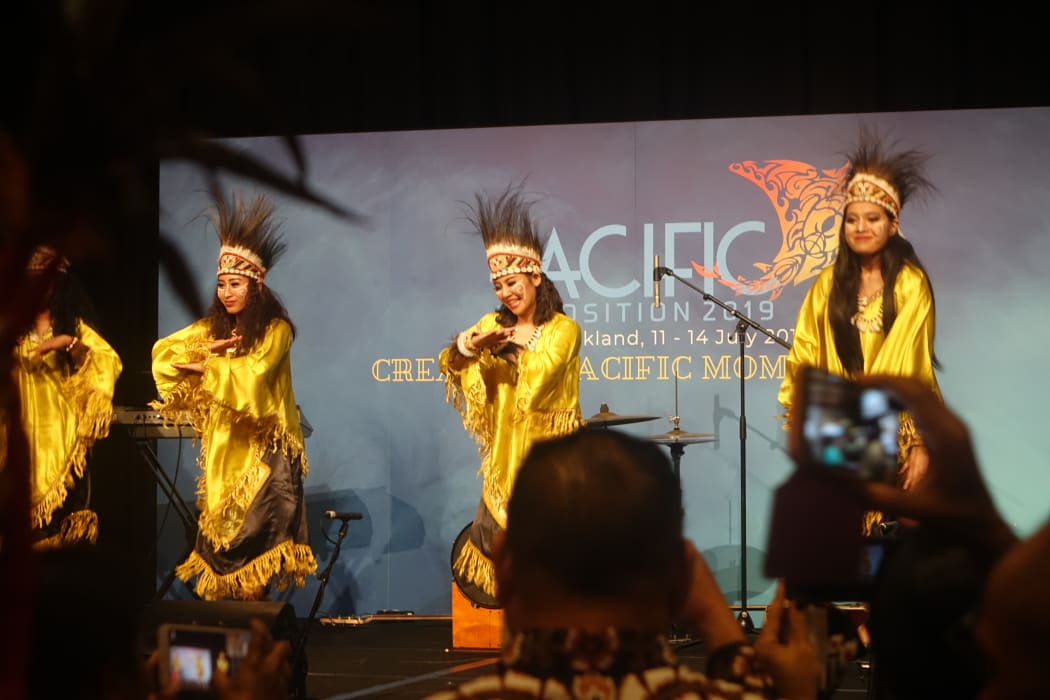
Traditional "Papuan" dancers perform at the Pacific Expo in Auckland, 13 July 2019 Photo: RNZ Pacific/ Johnny Blades
But already, a strategy of its own has emerged, as the Southeast Asian giant lays claim to a Pacific identity as well as its claims over restive West Papua.
Last week's inaugural Pacific trade show put on by the Indonesian embassy in New Zealand, the Pacific Exposition, strikes at the heart of Indonesia's shifting priorities in the region, moving Jakarta in line with other Western powers stepping up their engagement.
The event in Auckland brought together several high-level officials from across the Pacific, including the foreign ministers of New Zealand, Australia and Indonesia. Bilateral ties between Indonesia and Niue and Cook Islands also opened with the signing of cooperation agreements.
"This is a new era of Pacific partnership. A 'Pacific Elevation'," said Indonesia's Foreign Minister, Retno Marsudi in a speech on Friday.
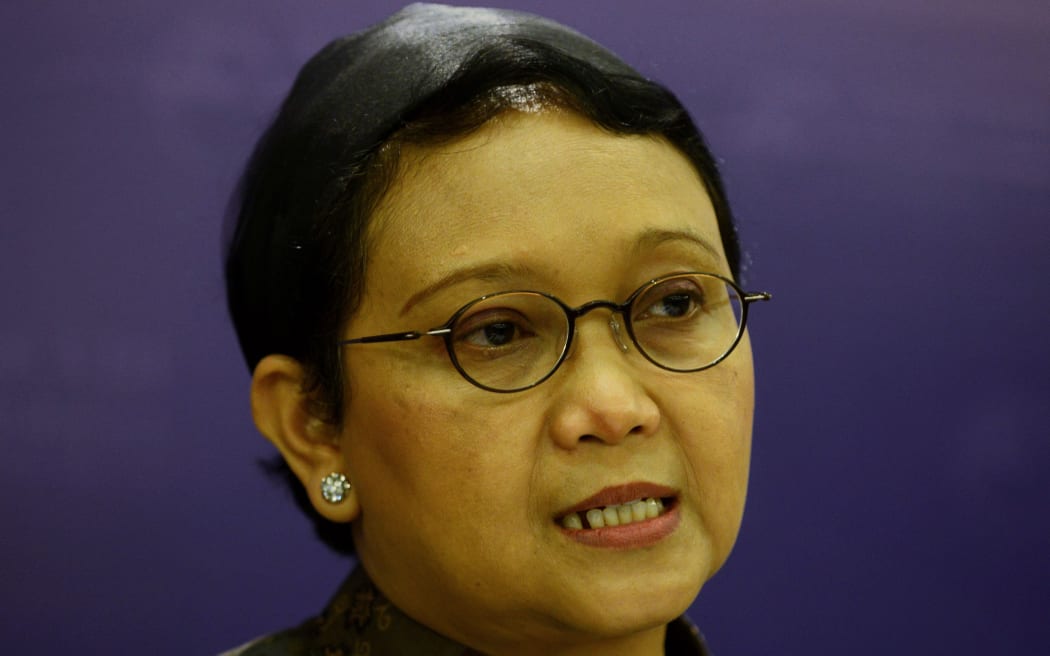
Indonesia's Foreign Minister Retno Marsudi. Photo: AFP
Indonesia is hardly the first to coin a catchy title for a concerted effort to build influence in the region. New Zealand has its Reset'; Australia its 'Step Up'; the UK its 'Uplift'.
Still, unlike the rhetoric emerging from Western countries, Ms Marsudi and other officials have focused almost entirely on Indonesia's cultural links to the Pacific, putting its stake in a region it has had little engagement with in recent years outside of border links with Papua New Guinea.
On Friday, Ms Marsudi recounted a visit to the streets of Auckland like this: "I saw Polynesian and Melanesian faces that would not be out of place in the street all over Indonesia."
Indonesia's Ambassador to New Zealand, Samoa and Tonga, Tantowi Yahya, was blunter in his portrayal of his country's Pacific links.
During a speech on Thursday, he asked all delegates from Indonesia's Eastern parts, including Papua, Maluku, and East Nusa Tenggara, to stand up.
"Look at them," he told the room full of Pacific delegates, pointing at a table of Papuan officials while they stood awkwardly. "They 100 per cent look like you." Mr Yahya then instructed the officials in Indonesian to sit down and continued his speech.
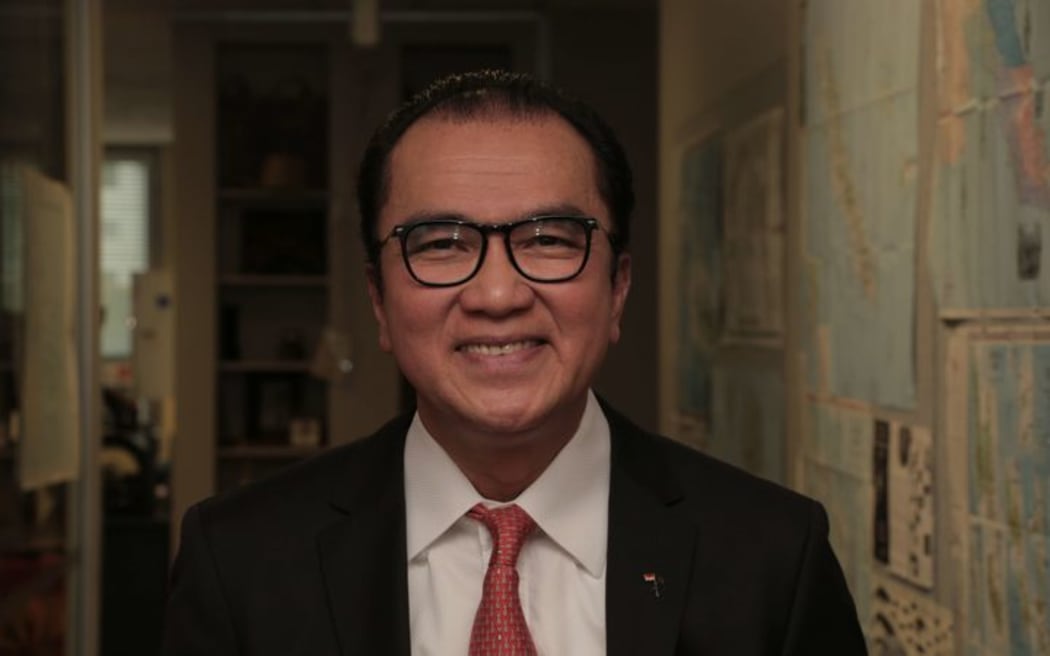
Tantowi Yahya Inonesia's Ambassador to New Zealand. Photo: RNZI/ Koroi Hawkins
The comments speak to much of the Pacific Exposition's and the so-called Pacific Elevation's direction: the sometimes-forceful portrayal of Eastern Indonesian peoples as enabling Indonesia to lay claim over a Pacific identity and therefore influence in the region.
Anna Powles, a senior lecturer in security studies at Massey University in New Zealand, described Mr Yahya's comments as "appalling".
"Indonesia has sought to leverage its Melanesian population to give gravitas and credibility to its Pacific Elevation strategy," she said in a Twitter message.
In their speeches last week, both Ms Marsudi and Mr Yahya stressed cultural links with the Pacific, including linguistic similarities between Bahasa Indonesia and several Pacific Island languages. Papuan dancers and singers were wheeled out onstage in a fanfare clearly meant to impress visiting delegates.
But Papuan officials themselves were mostly mum and appeared reluctant to speak on the record. Local government representatives from Papua province brushed off a request by RNZ Pacific to interview the deputy governor, saying they needed permission and a briefing from officials with Indonesia's Embassy in New Zealand. An embassy official later said they were not aware of any such policy.
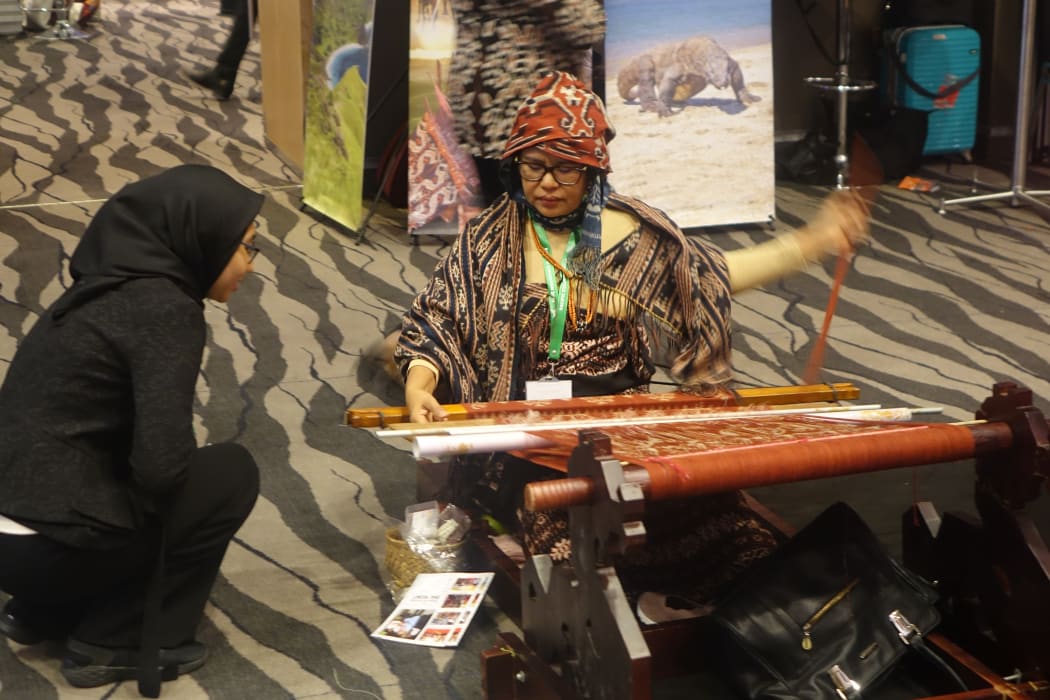
Traditional Indonesian weaving on display at the Pacific Expo in Auckland, 13 July 2019 Photo: RNZ Pacific/ Johnny Blades
The ambassador, Mr Yahya, and other Indonesian officials have said the Pacific Exposition was focused on trade and tourism and was not political by nature.
But their wariness over the simmering issue of Papua - where violence between rebels and the state has escalated dramatically since December - was predictably met with protest on Friday, as around a dozen activists, including New Zealand MP Marama Davidson, gathered to oppose the trade show.
"[Indonesia is] trying to justify what they're doing in West Papua by a diplomacy move that makes them part of the Pacific but in actual fact they are bad neighbours to the country of West Papua," said Catherine Delahunty, a former MP.
Inside the trade show, the foreign ministers of New Zealand and Australia expressed support for Indonesia's new Pacific strategy.
Speaking to reporters on Friday, New Zealand Foreign Minister Winston Peters said he raised the issue of Papua during talks with his counterpart, Ms Marsudi. Declining to elaborate on the meeting, he instead said it was "great news" for Papua that Indonesia would soon allow a group of touring journalists from Africa and the Pacific access to the troubled region.
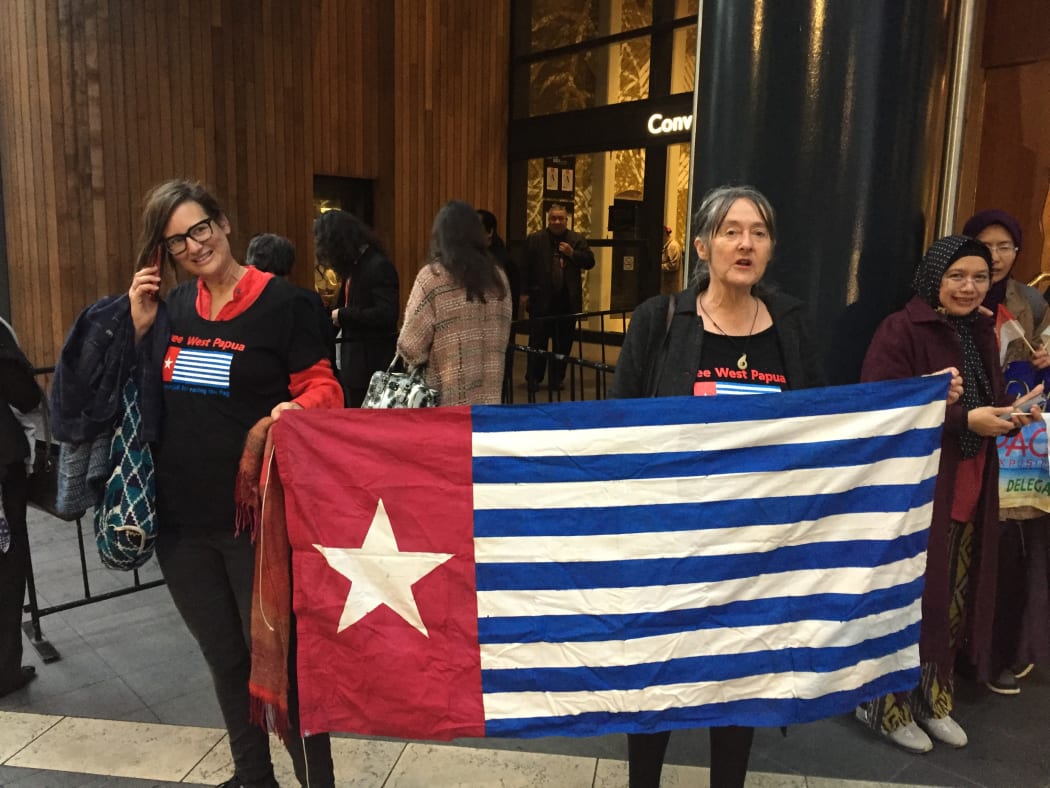
West Papua protest at Indonesia's Pacific Exposition in Auckland Photo: RNZ Pacific/Mackenzie Smith
Still, for reporters not invited on state-sponsored trips, hurdles abound in accessing Papua, where Indonesia requires foreign journalists to obtain special permits and employ local journalists on a government-approved list. Visa applications frequently languish for months. In recent months, reporters have been asked to leave and researchers deported over Papua fears before even reaching the region.
A senior Western diplomatic official who attended the Pacific Exposition said Indonesia had used the event as part of a "charm offensive" designed to sway Pacific Islands states into supporting its claims over Papua. The trade show was well attended by Pacific delegates whose expenses and travel were paid for by the Indonesian government. With the exception of Mr Peters, no government delegates appeared to raise the issue of Papua.
"Jakarta's intention to up its engagement with the Pacific is tied to its longstanding objective of reducing support for Papua; there is little doubt that this remains a driver," said Massey University's Dr Powles.
When asked in an interview on Friday whether Papua was still a concern for the Pacific, Cook Islands Prime Minister Henry Puna said Indonesia had a lot of opportunities for his country, including a supply of labour for Rarotonga's strained tourism industry.
"There's always a concern, but let's strengthen our friendship first, before we start dealing with issues," he said.
In March, Ms Marsudi confidently told Indonesia's House of Representatives that Cook Islands and Niue did not support "separatism" in Papua.
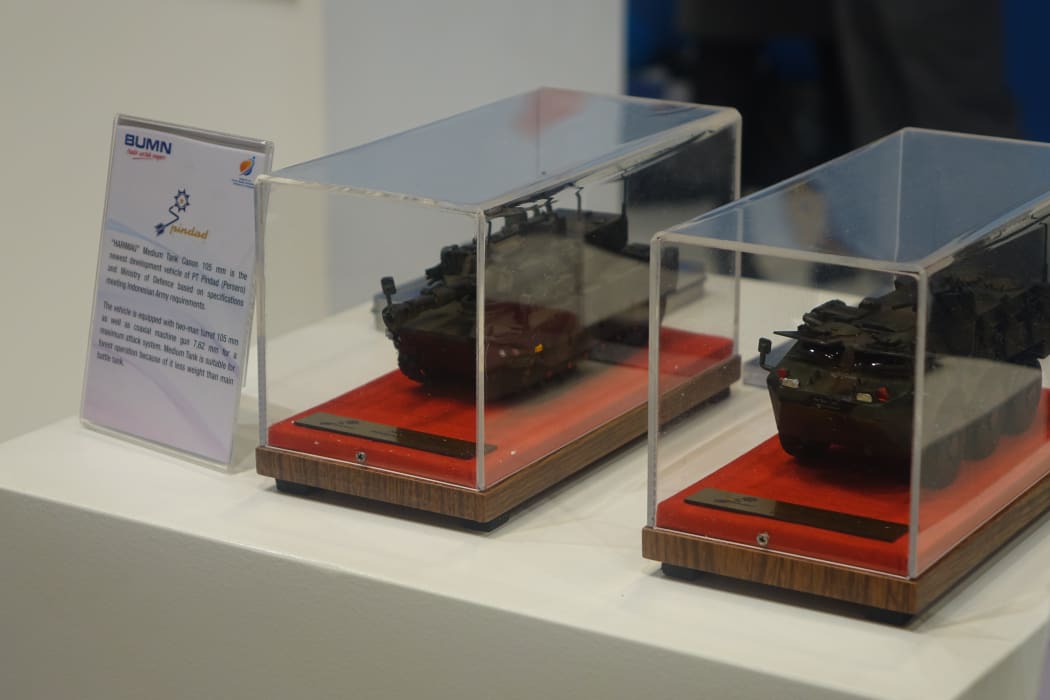
Indonesian military hardware model on display at one of the stalls at the Pacific Expo in Auckland, July 2019 Photo: RNZ Pacific/ Johnny Blades
